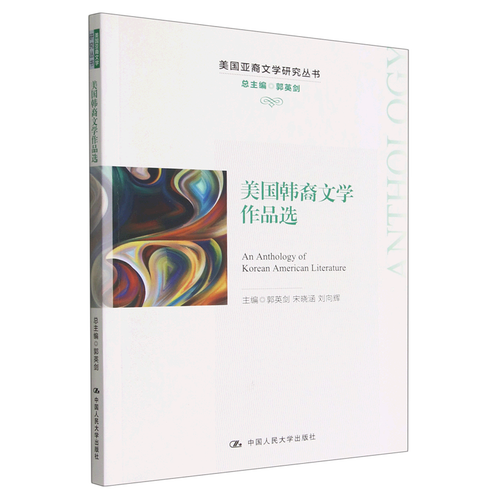文学用英语怎么说
Title: Exploring the Intersection of Literature and Language: A Multifaceted Journey
Exploring the Intersection of Literature and Language: A Multifaceted Journey
Language and literature are inextricably linked, forming the foundation of human expression and communication. Within the realm of literature, English serves as a dynamic vehicle for conveying thoughts, emotions, and narratives. Let's delve into the intricate relationship between literature and language, examining its significance, evolution, and impact.
Language is the lifeblood of literature, wielding immense power to evoke imagery, provoke emotions, and stimulate intellect. In the realm of English literature, the richness of language is evident in its diverse lexicon, syntactical structures, and rhetorical devices. From the poetic elegance of Shakespearean sonnets to the raw realism of contemporary novels, English language literature encompasses a vast spectrum of styles and genres, each harnessing the expressive potential of words.
Throughout history, the English language has undergone a profound evolution, shaped by cultural, social, and linguistic influences. From its AngloSaxon roots to its modern manifestations, English literature reflects this linguistic evolution, incorporating elements from diverse sources such as Latin, French, and Germanic languages. The works of Chaucer, Shakespeare, and Dickens, among others, exemplify the dynamic evolution of English literary language, adapting to changing linguistic norms and societal contexts.
English literature holds significant cultural importance, serving as a repository of human experiences, values, and perspectives. Its global influence extends far beyond the borders of Englishspeaking countries, shaping literary traditions and inspiring writers worldwide. From the Romantic poetry of Wordsworth to the postcolonial narratives of Chinua Achebe, English literature transcends geographical boundaries, fostering crosscultural dialogue and understanding.
For aspiring writers and literature enthusiasts, navigating the vast landscape of English literature can be both daunting and exhilarating. Here are some guiding principles to enhance your literary exploration:
- Read Widely: Immerse yourself in a diverse range of literary works, spanning different genres, time periods, and cultural backgrounds. Explore classics, contemporary bestsellers, and lesserknown gems to broaden your literary horizons.
- Analyze Critically: Develop critical thinking skills by analyzing literary texts in depth, examining themes, characters, and stylistic techniques. Pay attention to narrative structure, language use, and symbolic imagery to uncover deeper layers of meaning.
- Engage Creatively: Cultivate your creative instincts by experimenting with writing techniques and styles. Write regularly, explore different genres, and dare to express your unique voice and perspective.
- Connect Globally: Engage in literary communities and discussions both locally and globally. Attend book clubs, literary festivals, and online forums to connect with fellow readers and writers, exchanging insights and ideas across cultural boundaries.
Language and literature form the bedrock of human culture, serving as vehicles for expression, imagination, and connection. Within the realm of English literature, the dynamic interplay between language and creativity continues to inspire generations of writers and readers alike. As we embark on this multifaceted journey of exploration, let us celebrate the enduring power of words to illuminate our minds and touch our hearts.












